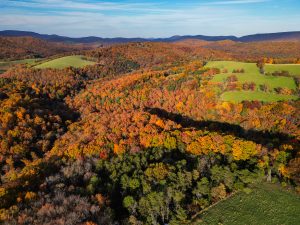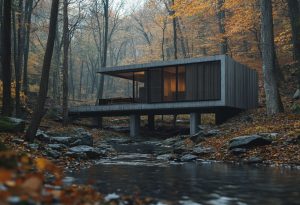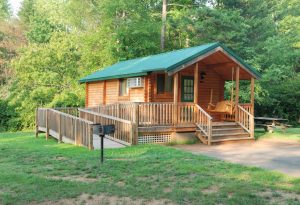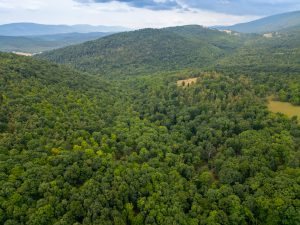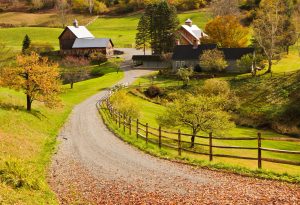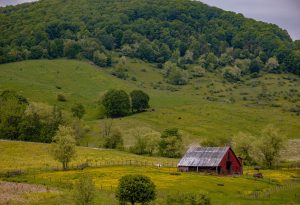The Ultimate Guide to Buying Land in WV
Owning land is a powerful step toward independence, investment, and personal fulfillment. Buying land in WV—with its picturesque mountains, affordable prices, and vibrant outdoor lifestyle—provides a unique opportunity to achieve all three.
Whether you want to build your dream home, start a farm, or invest in recreational land, West Virginia offers a wide variety of options. In this guide, we’ll walk through the advantages, challenges, and key considerations of land for sale in WV, ensuring you’re well-prepared to make an informed decision.
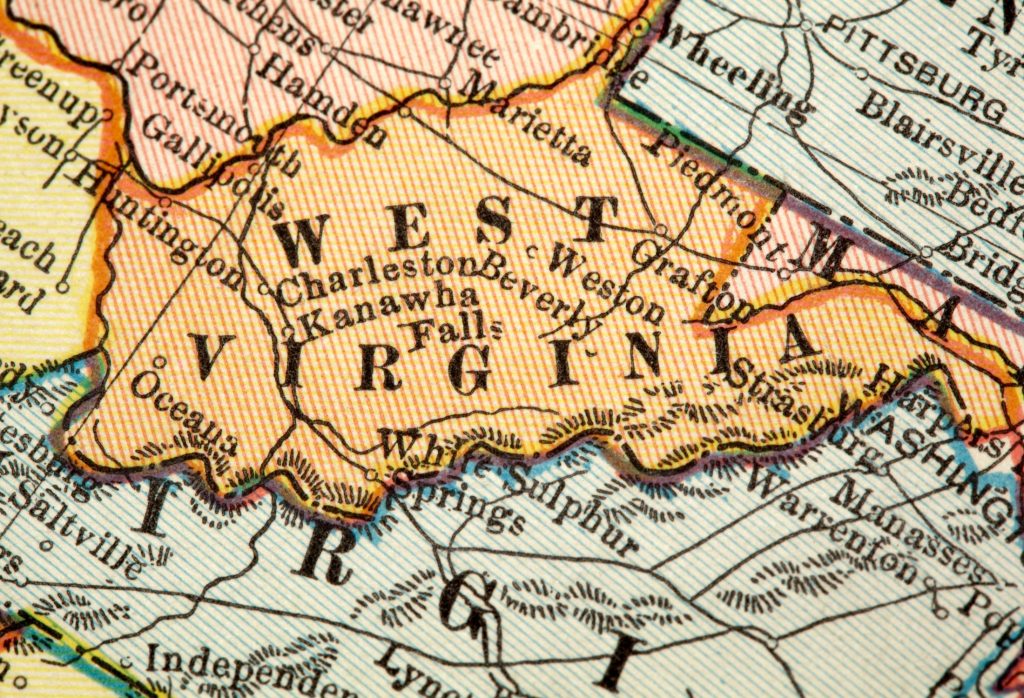
A Natural Playground
West Virginia is a nature lover's dream. With national forests, rolling hills, and over 30 state parks, the state offers ample opportunities for hiking, camping, hunting, and fishing. Many properties are located near these attractions, making them perfect for recreational use.
Growing Development Opportunities
As more people look to escape busy urban areas, demand for land in West Virginia is rising. The Eastern Panhandle, close to Washington, DC, has seen a surge in interest, offering both rural charm and proximity to urban amenities.
Understanding Types of Land for Sale in WV
The diversity of land in West Virginia makes it an attractive option for many buyers. Here's a closer look at the major categories of land available:
- Farmland
Farmland is ideal for those pursuing agricultural endeavors or sustainable living. West Virginia’s fertile soil supports crops like corn, hay, and soybeans. Livestock farming is also common, with plenty of open pastures.
- Timberland
Timberland provides both financial and ecological benefits. Buyers can manage these properties for sustainable timber harvesting, benefiting from steady income while preserving the environment.
- Recreational Land
For hunting, fishing, or off-the-grid getaways, recreational properties abound in WV. Many of these lots are located near rivers, forests, or mountains, offering solitude and adventure.
- Residential Lots
If building a home is your goal, there’s no shortage of residential lots available. West Virginia's low property taxes make it an excellent place to settle down or retire.
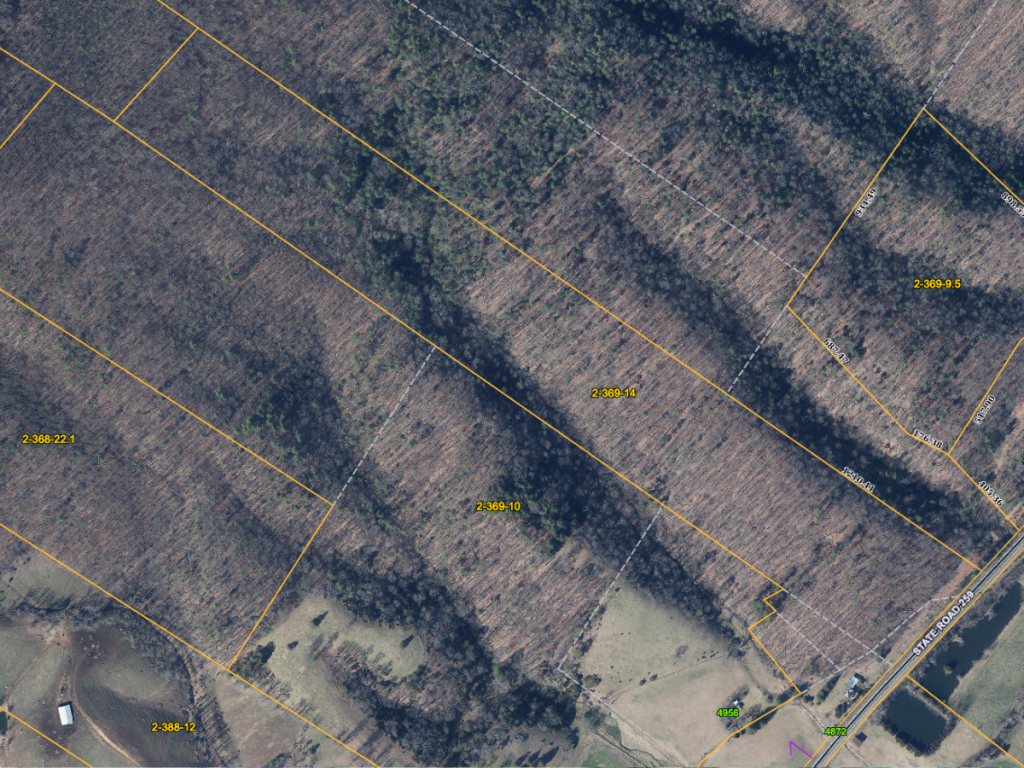
How to Buy Land in West Virginia
Purchasing land can be an exciting but complex process. Follow these steps to ensure a smooth experience:
1. Define Your Purpose
What’s your goal in buying land? Whether you’re planning to build, invest, or farm, identifying your purpose helps narrow down the best options. Recreational buyers may look for secluded areas, while residential buyers prioritize proximity to schools or towns.
2. Research the Market
Study local real estate trends. The best deals often depend on timing and location. An experienced real estate agent can provide insights into local market conditions.
3. Visit Properties
Seeing a property in person is essential. A visit can reveal issues that photos and descriptions may not show, like poor accessibility or environmental concerns.
4. Check Zoning and Land Use Regulations
Zoning laws dictate how land can be used. Some properties are restricted to agricultural use, while others permit residential or commercial development. Contact local zoning offices or consult your agent to verify permissible uses.
5. Get a Professional Land Survey
A survey confirms property boundaries and identifies potential issues like encroachments or easements. This step protects you from disputes and ensures you're getting what you pay for.
Key Considerations Before You Buy
Owning land comes with unique responsibilities. Here are critical factors to evaluate:
- Zoning Laws and Restrictions
Before buying, make sure the land aligns with your intended use. Restrictions may limit activities like hunting, farming, or building. Some counties are more restrictive than others. At the time of this writing, Hardy, Grant, and Pendleton Counties are the least restrictive on the Eastern side of West Virginia.
- Utility Access
In rural areas, access to water, electricity, and internet are essential. Be sure to factor in the costs of installing these utilities when budgeting for your purchase. That is of course, unless you're planning to build off-grid.
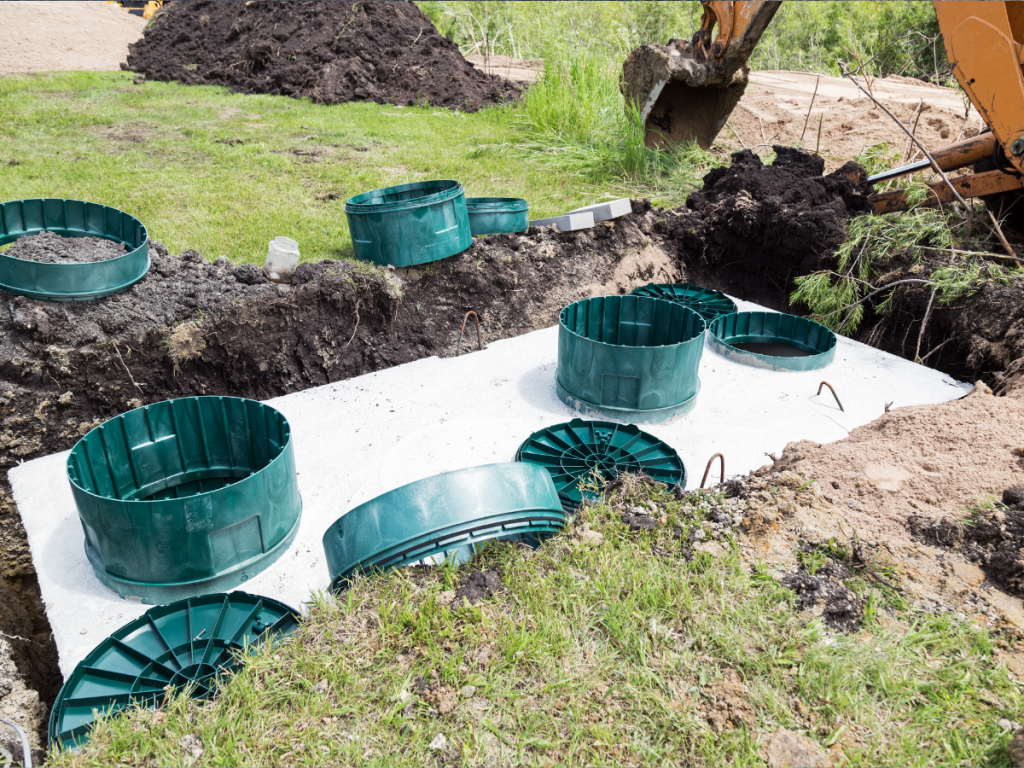
- Environmental and Topographical Concerns
Flooding, unstable soil, or steep terrains can limit your ability to build or develop. Consult experts to assess these risks before finalizing your purchase.
The Benefits and Challenges of Buying Land in WV
Benefits of Land Ownership
- Affordability: West Virginia land is cheaper than most Eastern U.S. states, making it accessible to a wide range of buyers.
- Freedom: Whether you want to farm, hunt, or build, owning land gives you control over your property.
- Investment Potential: As development continues in regions like the Eastern Panhandle, land values are expected to rise.
Potential Challenges
- Remote Locations: Some properties are far from amenities, which can be inconvenient.
- Infrastructure Costs: Installing utilities can be expensive, particularly in remote areas.
- Complex Regulations: Navigating zoning and permits requires attention to detail.
Popular Regions for Land Buyers
Eastern Panhandle
This region offers the perfect balance between rural charm and urban convenience, hence, the reason it’s the fastest growing area in the state. Close to Washington, DC, it’s an ideal spot for commuters and those looking to invest in rapidly appreciating land.
The Potomac Highlands
Known for its rolling hills, recreational areas and historic towns, the Potomac Highlands is a top choice for recreational buyers, retirees, and more recently - those who are able to work their currect job remotely, thanks to Starlink internet services.
Popular Counties in West Virginia
Some of the best counties to buy land in West Virginia are: Grant, Hardy, Hampshire, Morgan, Berekely, and Jefferson counties. They all have much to offer. These counties allow for an easy commute to Northern Virginia and Washington, DC for career goal minded buyers who still want the peace and privacy that WV has to offer.
Avoiding Common Pitfalls
Even the savviest buyers can make mistakes. Here’s how to avoid them:
-
- Failing to Research Regulations: Ensure zoning laws align with your goals.
- Skipping Inspections: Soil stability and environmental risks can affect your land’s usability.
- Ignoring Long-Term Costs: Factor in utility installation and property taxes.
Conclusion: Start Your Land Journey Today
Buying land in WV is an exciting investment in your future. Whether you’re looking for a family retreat, a farm, or a lucrative investment property, West Virginia has something for everyone. Let me, Sid, be your trusted guide. With local expertise and a commitment to your goals, I’ll ensure the process is smooth and rewarding. Get ahold of me today!
Share with
Frequently Asked Questions
Q: Can I get financing for land purchases?
Yes, financing options are available. Down payments and interest rates may vary depending on the property type. Contact me for recommendations, as I work with a few lenders that specialize in land loans.
Q: How much land is available in West Virginia?
There are thousands of properties listed across the state, ranging from small residential lots to expansive farmland.
Q: What are the best areas for buying land in WV?
Popular areas include the Eastern Panhandle and the Patomac Highlands. Some areas are in close proximity to civilization and others are so far out, people will think you’ve been captured!
Q: Do I need a real estate agent to buy land in WV?
Although not mandatory, partnering with a knowledgeable real estate agent, such as myself, can significantly streamline the land-buying process and help you avoid costly missteps. An experienced agent not only provides expert guidance but can also negotiate effectively to secure a better price for the property. In many cases, agents can structure their commission agreements in a way that minimizes out-of-pocket costs for buyers, ensuring a smooth and cost-efficient transaction.
Q: How do I check land zoning?
Contact local zoning offices in the county you’re looking to buy or work with an experienced agent to verify land-use restrictions.
This comprehensive guide ensures you’re ready to make the most of your land-buying journey in West Virginia. Let’s find the perfect property together! Contact me to get the conversation started!


